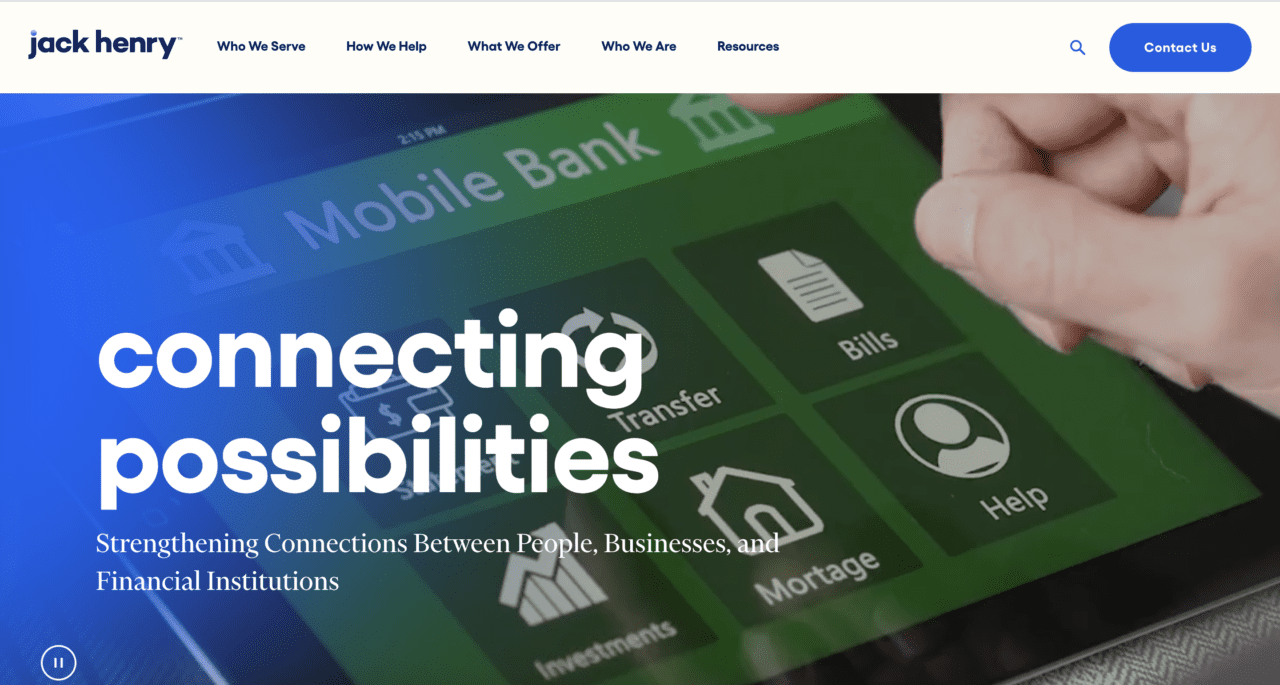
It’s the first of February, which means that FinovateEurope is taking place this month on the 27th through the 28th at the O2 in London. If you haven’t registered yet, now is the time! The agenda is packed with fintech’s most relevant topics and features 36 companies that will demo their new technology on stage in Finovate’s signature 7-minute demo format.
In addition to the demos, there will be 86 speakers (and counting) at the event. We can’t wait to feature insights and discussions from the top European fintech thought leaders. Take a look at what to expect.
Nina Schick, Author, Generative AI Expert, Founder at Tamang Ventures
Schick is an author, advisor, and keynote speaker, specializing in how technology is transforming politics and society in the 21st century. She is an expert in synthetic media, deepfakes, disinformation, cybersecurity, and the geopolitics of technology. Schick helps organizations and businesses understand and navigate the geopolitical risks and opportunities posed by the exponential technological changes of our age.
Her keynote address, Will AI Be More Profound Than The Invention Of The Internet? What Do Financial Institutions Really Need To Understand About Generative AI?, will take a look at the use cases for generative AI in banking, the growth and future of conversational AI, potential use cases for augmented reality and virtual reality, the metaverse in banking, and new threats posed by deep fakes.
Jillian Godsil, Author and Broadcaster at Coin Telegraph
Godsil is an award winning journalist, author, and broadcaster in Web3. She changed the law in Ireland in 2014, allowing bankrupt candidates to run for public office, before running as an independent candidate in the European Parliamentary Elections in 2014, earning 13,500 votes – not enough to get elected but enough to make a difference.
In her keynote address, From Crypto Ice Age To Crypto Winter To Crypto Spring?, Godsil will examine the risks and opportunities of decentralized finance and a new crypto universe geared towards building a new internet native financial system. She’ll also offer her take on how regulators across the globe are currently viewing crypto.
Manas Chawla, CEO at London Politica
Chawla is a political risk expert and the Founder and CEO of London Politica, the world’s largest political risk advisory for social impact. He has specialist expertise in consulting on “technopolitics,” corporate diplomacy, and crisis management, and has advised the United Nations, Red Cross, and a range of C-suite executives at Fortune 500 companies, and tech unicorns.
Chawla will be giving a keynote titled, The Global Economic & Geo-Political Outlook – What Are The Five Things You Need To Know. His discussion will inform the audience on how the high interest rate environment will continue to impact banks, investors, and fintechs; offer his predictions on the potential of future bank failures; and share how geo-political issues will shape the future.
Analyst All Stars
Also worth showcasing are the analysts participating in our Analyst All Stars Session:
- Philip Benton, Principal Analyst, Financial Services at Omdia
- Suraya Randawa, Head of Omnichannel Experience at Curinos
- Maria Adele Di Comite, Research Director at IDC Financial Insights
Investor All Stars
And don’t forget to stick around for our Investor All Stars panel, moderated by Claire Mongeau, Investor at Founders Factory, to find out where the smart money is investing in fintech:
- Robin Scher, Head of Fintech Investment at Lloyds Banking Group
- Sophie Winwood, Operator Partner at Foxe Capital
- Asaf Horesh, Managing Partner at Vintage Investment Partners
- Dallin Bills, Principal at Battery Ventures











